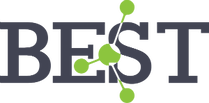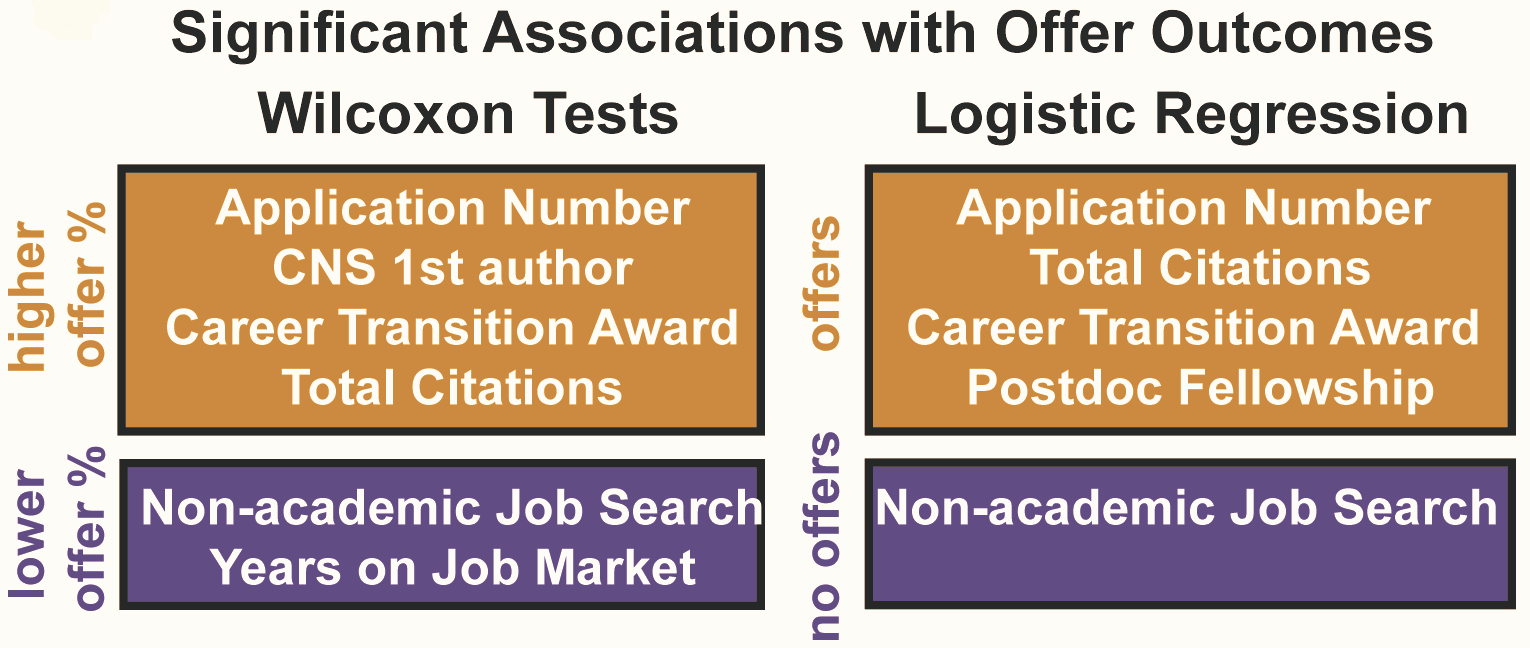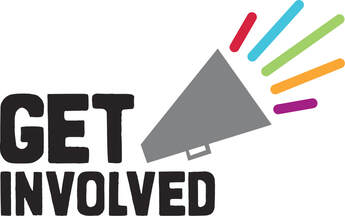The first in the rewind series comes from when I was entering my last academic year of funding as a postdoctoral fellow at Vanderbilt University. At the time, I was considering a lot of career paths, as many Ph.D.-trained researchers do.
I hope sharing these thoughts and my perspectives nearly 2 years removed from that experience help graduate students and postdocs currently going through the career exploration process.
Does one stay in academia or move into a (horrendously named) “alternative career”? My goal over this and the next 5 BEST blog posts is to take you on my personal journey of finding a career that fits my interests, skills, and aspirations for my life, and, importantly, coming to peace with my decision.
See also these excellent resources from UCSF's Office of Career & Professional Development to help you in career exploration as well as planning for academic & nonacademic careers.
Getting Personal
I want to make this series of posts personal, which will be challenging given my personality. I am going outside my comfort zone of sharing my feelings/desires/dreads so that maybe others on this journey realize that it is more than OK to do so. I think discovering and accepting your feelings in addition to taking a logical approach to the “pros” and “cons” of a position is critical to making a holistic choice that will be good for your soul.
| The "Default Path" to Faculty Post Ph.D. The “default path” of obtaining a Ph.D., doing a postdoc, and ultimately getting a faculty job is so ingrained into the culture of academic training that it often seems like considering other career options is going against the logical, natural flow. However, the career landscape for available tenure-track faculty jobs has become extremely different from that of our mentors. |
I knew through following academic and higher education news sources that landing a tenure-track faculty position was going to be tough but my experience applying last fall (2017) really opened my eyes. I applied to 26 positions that I thought fit my research interests and expertise (neuroscience, cognitive neuroscience), mostly in psychology departments at R1 research universities. I had a total of 1 on-campus interview and it was for the job description I felt least fit my expertise.
I think this result reflects two things:
1) landing a tenure-track job at an R1 is VERY difficult and
2) trying to predict which departments you think would be interested in you is virtually impossible. As with landing any job, the academic job hunt is all about “fit” and if you aren’t the right fit at the right time, you can’t expect to land the job.
Read more about my personal experience on the faculty job market in Tales From the Academic Job Market.
How can you be more proactive in planning for the faculty job market?
Don't dismiss conducting informational interviews with assistant professors at a variety of institutions to learn what made them successful in their job search. In addition, you can use these info interviews to learn more about what it is like working at a liberal arts college, Masters comprehensive university, etc... You may find being faculty at a certain type of institution best fits your skills and interests.
Also, read our Survey-based Analysis of the Academic Job Market paper now published in eLife to learn more about metrics associated with successfully receiving a faculty job offer.
So, where am I going from here? Will I persevere and win the tenure-track lottery? Do I even want the tenure-track life (there are a lot of pros and cons)? If I move into a career outside academic research and teaching, was my postdoc a waste? Of course not (more on this point in my next NIH BEST post).
The concept of the Sunk Cost Fallacy looms large here. A sunk cost is a cost that has already been incurred and cannot be recovered and the fallacy involves allowing past costs to impact current and future decisions.
This manifests psychologically in the mental challenge we encounter when deciding on whether we should abandon a project or direction due to the amount of energy, time, or resources you have already invested into it INSTEAD OF whether the decision makes sense in the moment or with an eye to the future.
This lingering on sunk costs can also be problematic when considering a career change. Don't let your past investments in a particular career path dissuade you from pursuing what interests you now. Find your Ikigai ("reason for being" in Japanese).
| Think Beyond Lab/Work/School Through volunteering in something you deeply believe in, you can also find purpose, even if your job has no direct impact on the world. The key here is to know what you can and can’t sacrifice in a job or career and how you might be able to fill a particular void in your life through activities outside of work. |
In retrospect, my involvement in the Vanderbilt Postdoctoral Association (VPA) allowed me to build confidence in my leadership experience (as treasurer & junior co-chair/vice president), learn more about the postdoctoral training & support landscape, and exposed me to the national postdoc affairs landscape by attending National Postdoctoral Association annual meetings. Now working as the Postdoc Affairs Program Manager at NC State University, I can see how all those past experiences led me to my current role.
Without getting involved in the VPA, I might not have ended up in my current career.
You never know how the various experiences in your life will ultimately influence you and your path. The key is to experience things beyond your current work/research/training to broaden your perspective, give back, and build new skills - they will benefit you now & in the future.
Come Along On My Journey
| In closing, part of the search for a post-postdoc (or post-Ph.D.) career is a search for yourself. This sounds kind of intimidating and it is. Hopefully, though, by going on this journey with me you will see that people do come through to the other side and along the way they often discover what is most important to their well-being and happiness. Seems like a pretty nice outcome after navigating the hard, twisty road to a career. Ready for the ride? |
Career Management: The Sunk-Cost Fallacy!
The Journey from Postdoc to Working in Postdoctoral Affairs
More from the Reflections Blog:
Career Exploration Series
Start Here
Career Exploration Series (PassioInventa)
Learn more about BEST
BEST: Implementing Career Development Activities for Biomedical Research Trainees
This book provides an instructional guide for institutions wanting to create, supplement or improve their career and professional development offerings. Each chapter provides an exclusive perspective from an administrator from the 17 Broadening Experiences in Scientific Training (BEST) institutions. The book can aid institutions who train graduate students in a variety of careers by teaching faculty and staff how to create and implement career development programming, how to highlight the effectiveness of offerings, how to demonstrate that creating a program from scratch is doable, and how to inform faculty and staff on getting institutional buy-in.
This is a must-have for graduate school deans and faculty and staff who want to implement and institutionalize career development programming at their institutions. It is also ideal for graduate students and postdocs.







 RSS Feed
RSS Feed